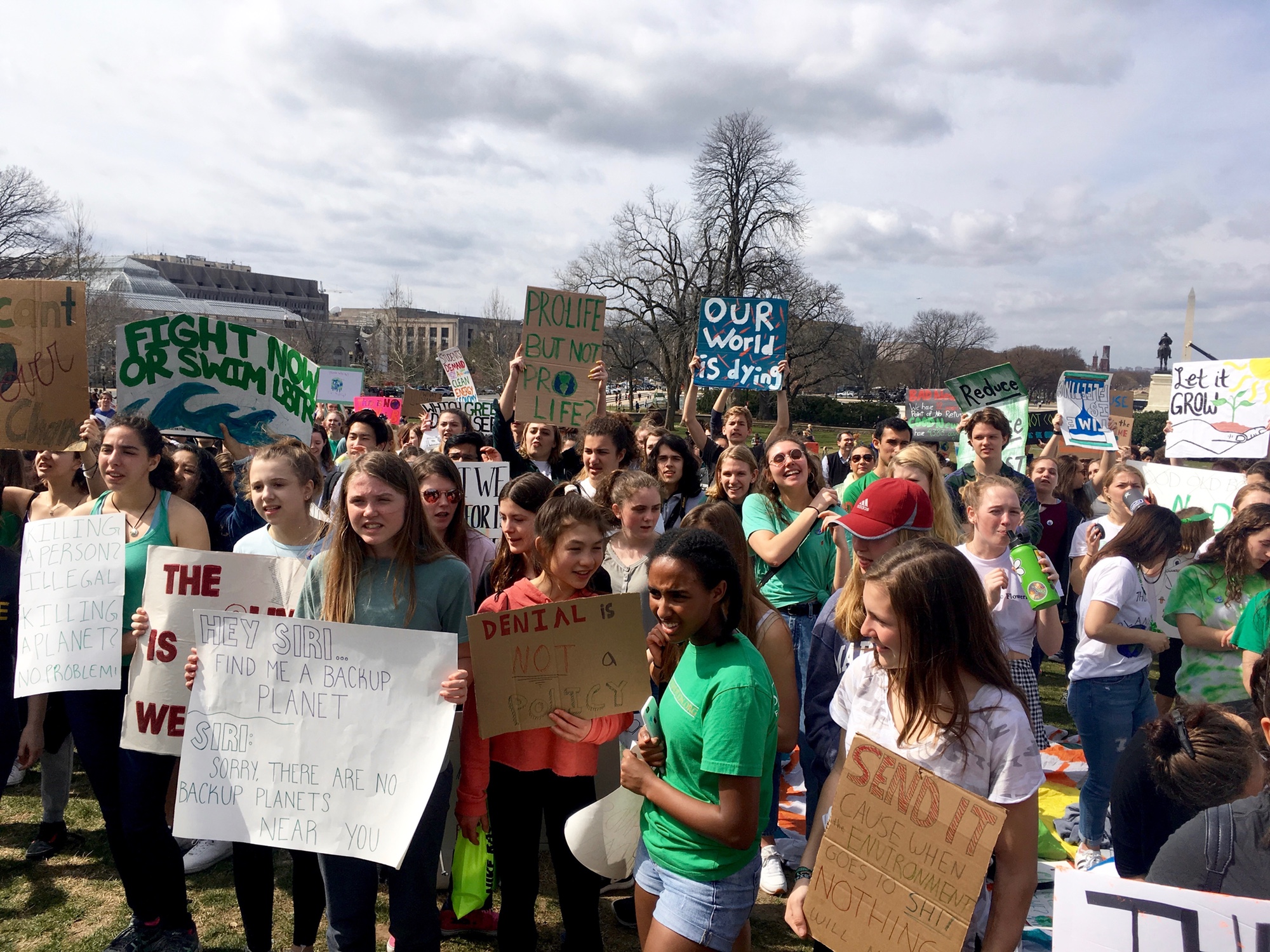Welcome back to our continuing coverage of Netroots Nation 2020, taking place exclusively online for the first time ever due to the novel coronavirus pandemic.
It has been long a tradition at Netroots — America’s largest annual gathering of progressives — to give attendees a choice of three featured panels during at least one or two of the timeslots during the three-day conference.
Today’s menu of featured panels consisted of three compelling sessions about pressing topics: legal initiatives to protect vulnerable communities from the Trump regime in the courts, tackling the climate crisis, and defending voting rights.
This post will summarize the climate crisis panel, which was moderated by Anthony Rogers-Wright, the Policy Coordinator for the Climate Justice Alliance, who has over ten years of experience analyzing land use and sustainability policies, spearheading community organizing, and environmental advocacy.
The session is available to watch on demand if you’re interested.
Titled “Climate Change and COVID-19: What the Pandemic Teaches Us About Preparing for Disaster,” the panel featured four inspiring climate activists on the front lines of both this pandemic and the fight for climate justice.
At the outset of the session, the panelists delved into the root causes of the pandemic and the climate crisis. They agreed that institutional racism has contributed to the warped reality of the pandemic in the United States.
Catherine Flowers, a community activist from Alabama’s Black Belt, pointed out that in her community, the low-wage workers being ushered back to unsafe working conditions are losing their lives.
Their labor is being treated by lawmakers as essential… but not their lives. These attitudes are not new; they come straight from our legacy of colonialism.
None of the panelists expressed surprise at the glaring inequalities in who is bearing the brunt of the coronavirus pandemic.
These systemic inequalities can be found everywhere, including the Pacific Northwest. For example, in July, rates of positive coronavirus tests were noticeably higher in South King County compared to the rest of the county.
Michelle Martinez, a panelist and community activist from Detroit, pointed out that systemic inequality is a virus that has been circulating for centuries in oppressed and marginalized communities. The same people who are living in neighborhoods contaminated by decades of auto industry pollution also fear being tested for COVID-19 because they could be deported.
Martinez and Flowers were joined by Jacqui Patterson, the Director, Environmental and Climate Justice Program at the NAACP, and Tara Houska (Couchiching First Nation Anishinaabe), a tribal attorney, founder of Giniw Collective, and a former advisor on Native American affairs to Bernie Sanders.
Addressing climate damage cannot be simply about reducing emissions; it is not enough. To ensure the survival of Black and brown folks, solutions such as community direct investment will be critical.
The expression of condolences for the disproportionate suffering endured by marginalized communities doesn’t actually do anything for those communities.
An optimal response to a pandemic should be made up of strong public health guidance and investment in unemployed workers and struggling businesses.
Similarly, tackling the climate crisis — which is already here — cannot be solely focused on emissions-reduction goals. Investment is essential.
In terms of equity and justice, the coronavirus pandemic has been a horrifying dress rehearsal for the climate havoc that will engulf the entire world.
Understanding these forces and translating them into action is essential to help people (and not just polar bears, though they matter!) survive the climate crisis.
Our coverage of Netroots Nation 2020 will continue through this Saturday; we invite you to check back regularly for periodic updates from the conference.

